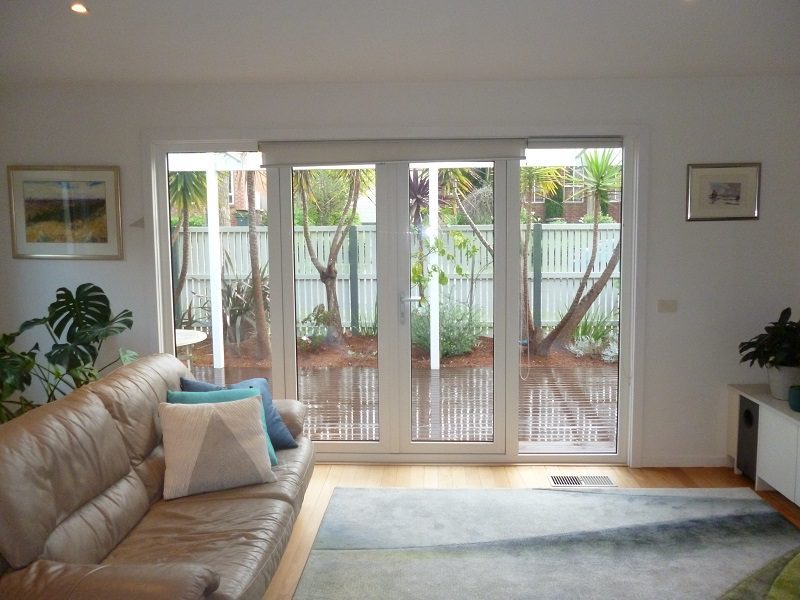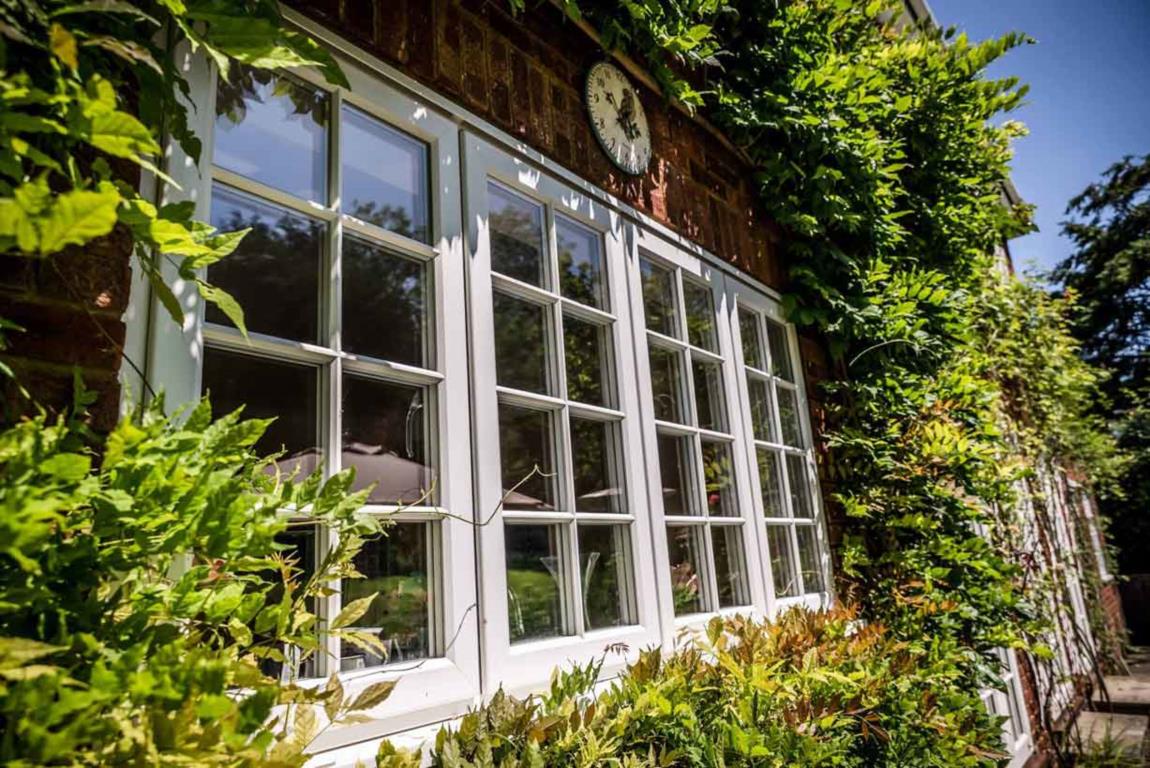All Categories
Featured
Table of Contents
Magnetite: Australian Retrofit Double Glazed Windows in Kiara Perth
Glazing merely implies the windows in your house, consisting of both openable and set windows, as well as doors with glass and skylights. Glazing really simply indicates the glass part, but it is normally utilized to refer to all aspects of an assembly consisting of glass, movies, frames and home furnishings. Taking note of all of these elements will assist you to accomplish reliable passive style.

Energy-efficient glazing makes your home more comfortable and significantly lowers your energy costs. Inappropriate or poorly created glazing can be a major source of unwanted heat gain in summer season and substantial heat loss and condensation in winter. Approximately 87% of a house's heating energy can be gained and as much as 40% lost through windows.
Double Glazing Perth in Dianella Western Australia
Glazing is a significant financial investment in the quality of your home. An initial financial investment in energy-efficient windows, skylights and doors can greatly decrease your yearly heating and cooling bill.

This tool compares window selections to a base level aluminium window with 3mm clear glass. Understanding a few of the key homes of glass will assist you to select the finest glazing for your home. Key residential or commercial properties of glass Source: Adapted from the Australian Window Association The quantity of light that passes through the glazing is understood as visible light transmittance (VLT) or noticeable transmittance (VT).
Why Does Double Glazing Help To Keep Us Cool In Summer? in Rockingham Perth
This may lead you to switch on lights, which will result in greater energy costs. Conduction is how readily a product carries out heat. This is called the U value. The U value for windows (revealed as Uw), explains the conduction of the entire window (glass and frame together). The lower the U value, the greater a window's resistance to heat circulation and the much better its insulating worth.
If your home has 70m2 of glazing with aluminium frames and clear glass with a U value of 6. 2W/m2 C, on a winter season's night when it is 15C colder outside compared with inside your home, the heat loss through the windows would be: 6. 2 15 70 = 6510W That is comparable to the total heat output of a large room gas heater or a 6.
Benefits Of Double Glazing Low-e in Ashfield Western Australia

If you choose a window with half the U worth (3. 1W/m2 C) (for instance, double glazing with an argon-filled gap and less-conductive frames), you can halve the heat loss: 3. 1 15 70 = 3255W The solar heat gain coefficient (SHGC) for windows (revealed as SHGCw) determines how easily heat from direct sunshine flows through a whole window (glass and frame together).
The lower a window's SHGC, the less solar heat it transmits to the house interior. The real SHGC for windows is affected by the angle that solar radiation strikes the glass.
Techniques For Double Glazing Windows in Riverton WA
When the sun is perpendicular (at 90) to the glass, it has an angle of incidence of 0 and the window will experience the optimum possible solar heat gain. The SHGC declared by glazing manufacturers is always determined as having a 0 angle of incidence. As the angle increases, more solar radiation is shown, and less is transferred.
Latest Posts
Faq in Bedfordale Perth
What Are Double Glazed Windows? - Build in Duncraig Western Australia
Single Glazed Vs Double Glazed Windows - Ultimate Guide in Kensington Perth